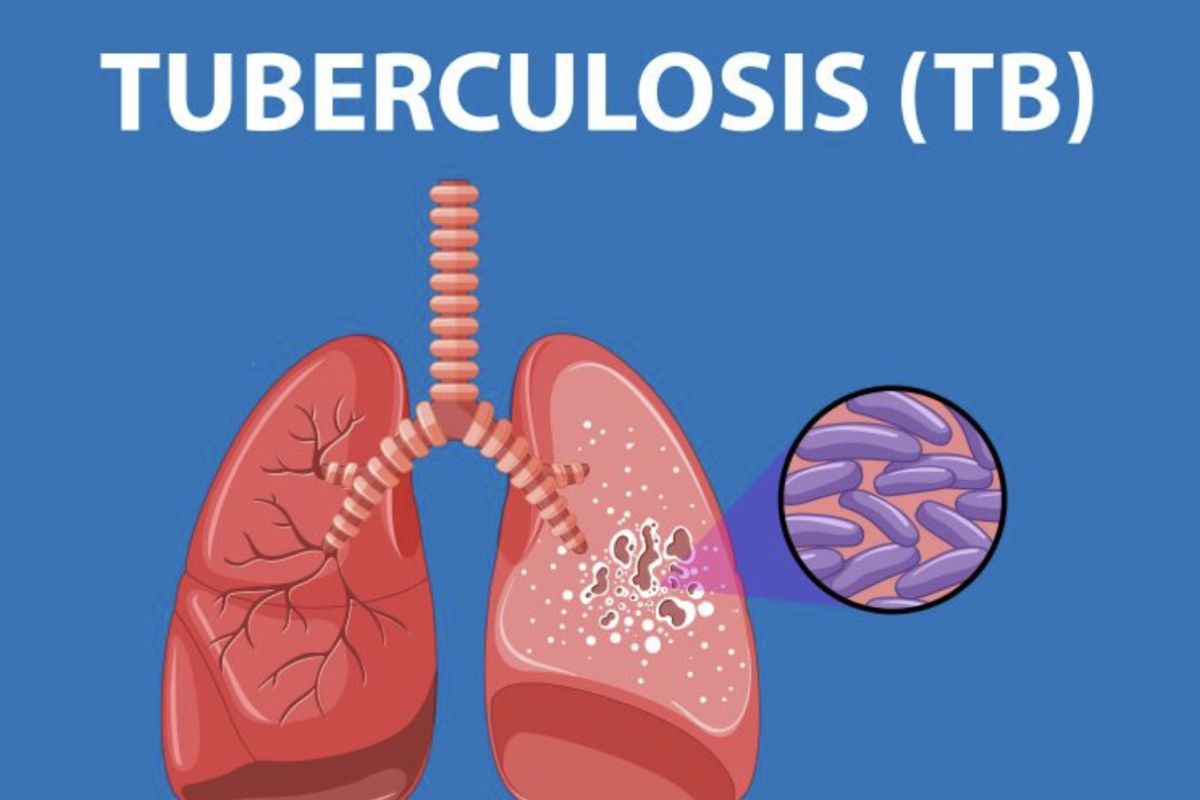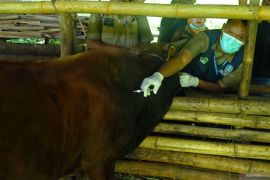"Stigma about TBC still lingers among the public, including TBC patients (themselves) and medical personnel," director of infectious disease prevention and control at the Health Ministry, Imran Pambudi, said in a statement received here on Saturday.
Of the many challenges encountered in handling TBC, one is the limited coverage of TBC Prevention Therapy as people still refuse to opt for it, the reason being they do not feel sick enough to take the medication, he informed. This is due to lack of information regarding the therapy among the general population, he added.
Under the therapy, people who are at high risk of contracting the disease, such as those living in close proximity to a TBC patient or those with HIV/AIDS, are given medication so that they do not get TBC.
He said that the therapy, which is aimed at those groups, is necessary to prevent the spread of the disease.
TBC is a chronic disease that can easily spread through the Mycobacterium tuberculosis bacteria in the air, making it capable of infecting anyone and everyone, he explained.
He cited data from the Tuberculosis Information System (SITB), which showed that the number of reported TBC cases in 2021 was 443,235, and in 2022, it rose to 724,309. As of February 1, 2024, the figure reached 821,314.
"It's good news for Indonesia because the more cases are found, the more cases can be treated. Thus, the spread of TBC infection can be stopped at the earliest," he said.
According to Pambudi, TBC treatment can be successful if there is proper communication and education about the disease, which is easily understood by the general population so that the stigma surrounding the disease is eliminated. Such an effort, he said, would require the involvement of relevant stakeholders.
The government has been raising awareness and educating the people through various means, such as posters, ads, and social media, among others, he noted.
He said that patients also need to be provided psychosocial assistance by communities and organizations of TBC survivors.
The director also highlighted the need to educate medical personnel about TBC Prevention Therapy, as well as improve the skills of cadres assisting TBC patients.
He then shared some other steps taken by the government to tackle the disease, such as conducting prevention by vaccinating newborns, promoting a clean and healthy lifestyle, and carrying out TBC vaccine development.
Other steps have included conducting surveillance in areas where THC spread is rampant, like jails or prisons, boarding schools, and shelters; improving medical facilities, both in terms of logistics and human resources; and establishing stronger cooperation with regional governments to oversee the progress of TBC handling in each region.
Pambudi added that TBC's impact is not just on the health aspect, but also on people's psyche, social life, and economy.
Related news: Ministry calls for active public participation in TB prevention
Related news: Ministry conducts home-to-home tracking of TB cases: Official
Reporter: Mecca Yumna Ning Prisie
Editor: Rahmad Nasution
Copyright © ANTARA 2024












